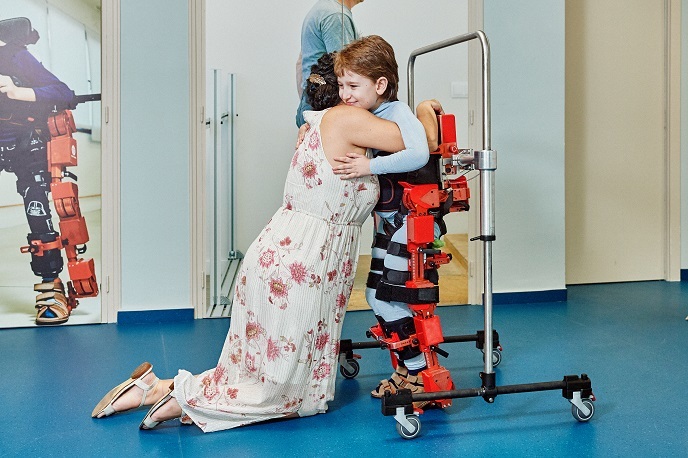Genetic link to stroke
Stroke is a serious cause of morbidity and mortality in Europe, affecting over 650,000 people annually. However, the complex involvement of various processes in stroke pathology has hampered the development of an effective therapy. Clinical studies so far point towards alterations in fibrin structure and function – the master protein involved in the clotting process – which increase vascular risk. Studies on twin subjects have shown a substantial genetic component in the clotting pathway. The EU-funded ‘Genetic regulation of the end-stage clotting process that leads to thrombotic stroke’ (Euroclot) project aimed to identify and validate potentially therapeutically useful genes associated with thrombotic stroke. In particular, the project focused on uncovering the genes that control the end-stage of the coagulation process that leads directly to clot production. Accumulation of clots causes vascular obstruction and tissue death. Euroclot partners studied 3 000 twins from the GenomEUtwin project and subjects from the GAIT2 (Spain) and EuroHead (Finland) studies. The genes identified during Euroclot were subsequently validated in tissue samples from stroke cases including those from the large European prospective MORGAM study. Differences in gene allele frequencies and their impact were examined among different European populations. Environmental factors such as smoking, BMI and fasting insulin and glucose levels showed no significant influence on gene expression. The Euroclot study of twin subjects provided the first genetic link of stroke with the process of blood clotting. Project results are expected to pave the way for delineating the involvement of the thrombotic pathway in stroke and identifying potential targets for therapy.







